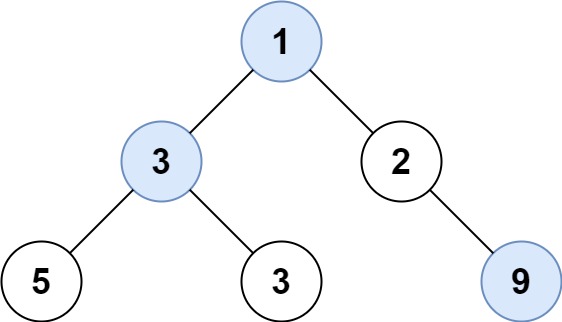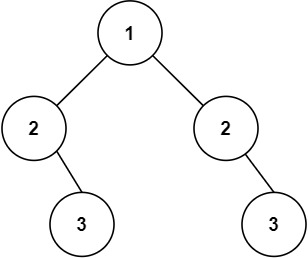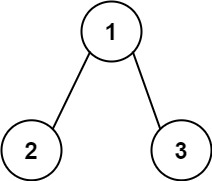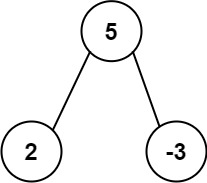Problem Statement: Given the head of a sorted linked list, delete all nodes that have duplicate numbers, leaving only distinct numbers from the original list. Return the linked list sorted as well.
Example 1:
Input: head = [1,2,3,3,4,4,5] Output: [1,2,5]
Constraints:
- The number of nodes in the list is in the range
[0, 300]. -100 <= Node.val <= 100- The list is guaranteed to be sorted in ascending order.
def deleteDuplicates(self, head):
"""
head: ListNode
return: ListNode
"""
curr=head
tmp=ListNode(-1, head)
prev=tmp
while curr:
if curr.next and curr.val==curr.next.val:
while curr.next and curr.val==curr.next.val:
curr=curr.next
prev.next=curr.next
else:
prev = prev.next
curr=curr.next
return tmp.next



